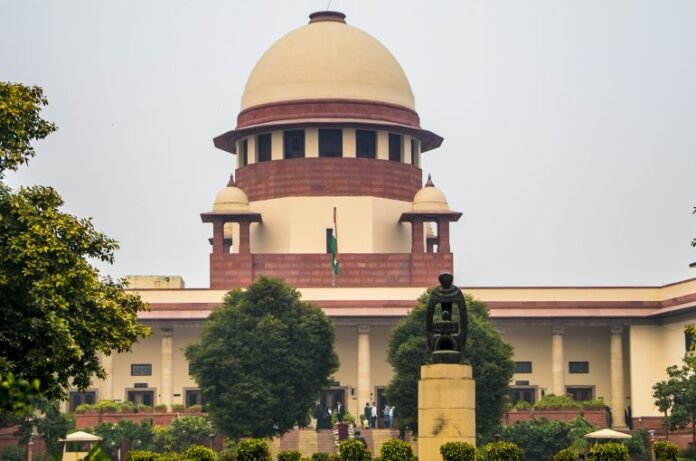[ad_1]
THE TOLL OF INCONVENIENCE: SUPREME COURT ON CITIZENS’ RIGHTS AND ROAD CONCESSIONAIRE DUTIES

INTRODUCTION
The Hon’ble Supreme Court of India, in the case of National Highways Authority of India & Anr. v. O.J. Janeesh & Ors. (Civil Appeal No. 22579 of 2025, decided on 18.08.2025)( Justice K. Vinod Chandran and Justice N.V. Anjaria) addressed the contentious issue of toll collection amid widespread traffic congestion and poor road conditions on the Ernakulam–Mannuthy stretch of National Highway in Kerala. The Court’s decision highlights the tension between concessionaire rights under Build–Operate–Transfer (BOT) contracts and the citizens’ fundamental expectation of unhindered access to public roads. At its heart, the Judgment pivots around constitutional values of fairness, accountability, and the legitimacy of the toll regime.
BRIEF FACTS
The National Highways Authority of India (NHAI) awarded a BOT contract for the construction and maintenance of a 64.94 km stretch between Ernakulam and Mannuthy.
The concessionaire collected tolls as per the agreement but traffic bottlenecks emerged, particularly at four black spots—Amballur, Perambra, Muringur, and Chirangara—where underpasses and flyovers were under construction.
Citizens faced long hours of traffic jams, unsafe conditions, and fuel wastage. The Kerala High Court, noting repeated failures by authorities, suspended toll collection for four weeks and directed urgent repairs.
Aggrieved, the NHAI and the concessionaire approached the Supreme Court, contending that toll suspension was unjustified and financially ruinous.
ISSUES
- Whether the High Court was justified in suspending toll collection during ongoing construction and congestion.
- Whether toll collection can continue when the public’s right to safe and unhindered access is compromised.
- How liability for damages and financial losses should be apportioned among NHAI, concessionaire, and third-party contractors.
ANALYSIS
The Supreme Court’s approach was citizen-centric. It emphasized that statutory toll collection rests on a reciprocal assurance: if citizens are bound to pay, they are equally entitled to a safe and obstruction-free road.
On Toll Suspension: The Court upheld the High Court’s interim suspension of toll collection, recognizing that the hardship faced by commuters outweighed contractual claims of the concessionaire. Unlike minor repairs, the bottlenecks here caused cascading gridlocks across the entire highway stretch.
On Contractual Responsibility: The Court expressed surprise that NHAI entrusted construction at critical black spots to a separate contractor, while still holding the concessionaire responsible for overall maintenance. However, it refrained from attributing immediate liability, leaving the issue to future adjudication.
On Compensation and Liability: The Court clarified that any claim for damages by the concessionaire must be decided separately, based on causation and contractual obligations. The High Court’s observations were not conclusive findings of liability.
Environmental and Social Costs: The Judgment highlighted broader concerns—fuel wastage, pollution, and the psychological burden on citizens forced into hours-long traffic jams. By doing so, it underscored that infrastructure governance must prioritize public welfare over profit margins.
In reinforcing the High Court’s supervisory role, the Supreme Court requested continuous monitoring and even suggested impleading the black-spot contractor, PST Engineering, to ensure accountability.
CONCLUSION
This Judgment underscores that infrastructure contracts cannot override citizens’ rights to safe mobility. The Supreme Court reaffirmed that tolls are not a unilateral exaction but a quid pro quo for unhindered road use. By privileging citizen welfare over concessionaire losses, the Court placed public interest at the core of highway governance. The ruling also signals that future disputes under BOT models will be scrutinized through the lens of constitutional fairness, not just commercial expediency.
SARTHAK KALRA
Senior Legal Associate
The Indian Lawyer & Allied Services
Please log onto our YouTube channel, The Indian Lawyer Legal Tips, to learn about various aspects of the law. Our latest Video, titled “Air India Plane Crash in Ahmedabad: What Happened? | Legal Analysis | Advocate Sushila Ram Varma” can be viewed at the link below:
[ad_2]
Source link

